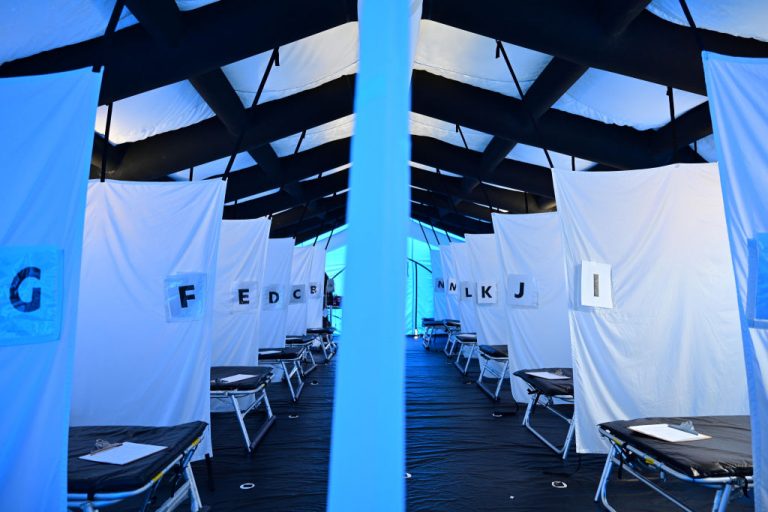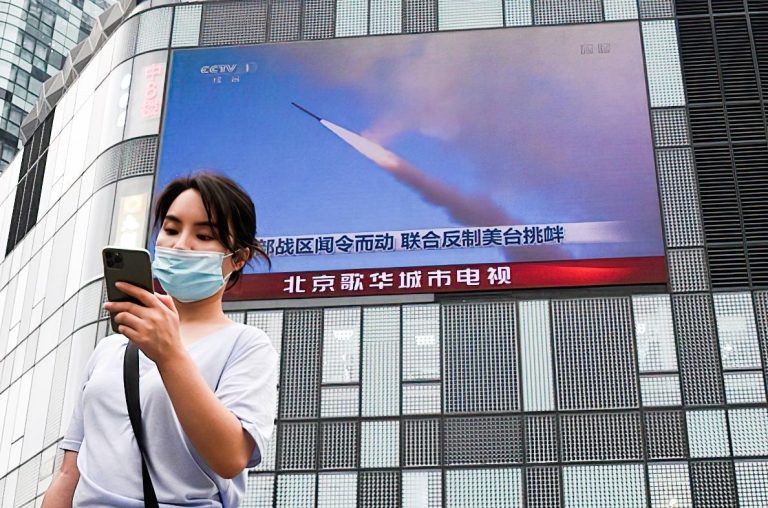The Biden administration’s recent move to ration monoclonal antibody treatments is putting lives of people infected with COVID-19 at further risk. The antibodies are believed to stem the effects of the infection once administered to individuals who contract the disease. A surge in demand for these treatments has resulted in shortages across the country, triggering Washington to ration them.
One of the states most affected by the shortage is Alabama. Hospitals in the state, like Stringfellow Memorial Hospital in Anniston, have already run out of antibodies as of Sept. 15. Facilities in Huntsville and Jefferson counties are also struggling to get enough antibodies to meet the demand.
According to Dr. David Thrasher, a pulmonary critical care physician in Montgomery, roughly 70 percent of COVID-19 patients who get monoclonal treatments soon after their diagnosis do not need hospital care. As such, the shortage of antibodies will likely result in a crowding of hospitals, putting further pressure on the healthcare system.
“We were originally told [by the federal government] we were only going to get 70 percent of our allocation. That means 30 percent of people are not being treated, and some of them will die… That is not acceptable… This is not right, what the federal government’s doing,” Thrasher told the The Epoch Times.
In a Sept. 16 virtual briefing, Dr. Scott Harris, Alabama’s State Health Officer, revealed to reporters that the antibody shortage comes at a time when the ICU capacity in the state is “beyond full.” This essentially means that there are more people infected with COVID-19, who need hospital care, than there are hospital beds available in Alabama.
Success
You are now signed up for our newsletter
Success
Check your email to complete sign up
The supply of antibody treatments is controlled by the federal government. Until early September, hospitals and other facilities could directly order from the Biden administration that would ship the items straight to the sites. All costs were incurred by Washington. But under the new rule, the Biden administration will decide the quantity to be sent to each state.
According to a spokesperson from Health and Human Services (HHS), seven states account for 70 percent of all orders for monoclonal antibody treatment. These states include Florida, Mississippi, Texas, Alabama, Louisiana, and Georgia.
“This system will help maintain equitable distribution, both geographically and temporally, across the country – providing states and territories with consistent, fairly-distributed supply over the coming weeks,” the spokesperson said.
The department says it will decide the allocation for each state and territory on a weekly basis.
James Blumenstock, chief of health security at the Association of State and Territorial Health Officials, points out that the demand for monoclonal antibodies has surged by 20 times in the past few weeks. It is not known when the supplies of the antibodies will be boosted to a level to meet the demand.
The rationing of antibody treatments has reduced the number of monoclonal antibodies available in multiple Republican States by almost 50 percent. “The amount available to distribute is expected to be disproportionately small compared to the amounts needed,” Douglas Loveday, press officer for the Texas Department of State Health Services, told The Epoch Times.
There are three major suppliers of monoclonal antibodies – Regeneron, Eli Lilly, and GlaxoSmithKline. Supplies from Eli Lilly and Regeneron go straight to the federal government. Only supplies from GlaxoSmithKline are available for purchase by entities other than the federal administration. Some states have reached out to GlaxoSmithKline to fill their deficit; one of them being Florida.
Christina Pushaw, press secretary for the Executive Office of DeSantis, accused the Biden administration of blaming the state of Florida for using too much monoclonal treatment due to the state’s low vaccination rate. However, more than half the patients who visit some of the monoclonal treatment sites in Florida are fully vaccinated individuals.
“The Biden administration did not give the Florida Department of Health or health care providers in Florida any notice or time to prepare for this immediate deficit… There is no evidence of a national shortage of monoclonal antibody treatments, and no apparent justification for rationing. The excuse given by the Biden administration was ‘equity’,” Pushaw told The Epoch Times.













